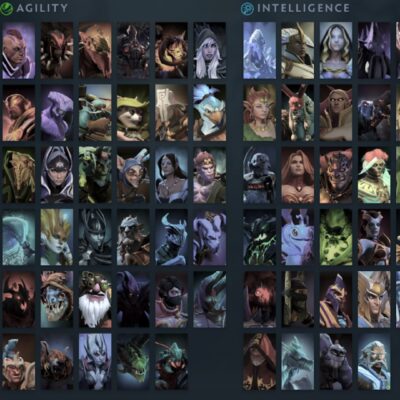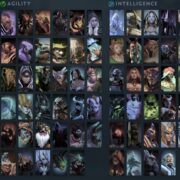
Open up any social media app- Instagram, TikTok, YouTube, or Spotify- and you may notice one common aspect! The loudest voices get the most attention.
However, louder does not always mean better, and more views do not necessarily equal more value. If you are wondering why your thoughtful and helpful content does not perform as well as a random meme or a reel, it is not you- it is the system!
Platforms do not reward usefulness. They reward engagement, which is usually considered synonymous with entertainment, controversy, or instant gratification. And this design is integrated into the algorithms of these platforms.
The Popularity Game
Social platforms run on algorithms that have one main job- to keep you scrolling! The longer you are engaged, the more ads you see and the more money the platform makes.
What keeps us glued to our screens is not always what is most informative, helpful, or thoughtful. It is what triggers us- emotionally, visually, or politically. This is why a post with a sensational headline or photo of someone living their best life will get promoted above a post that offers factual news or genuine advice.
Aspects like usefulness or complexity take time to digest and comprehend, and time is a luxury that social media algorithms do not like. They want quick clicks, fast likes, and instant reactions.
The Economics of Visibility
Think about how creators, influencers, or even musicians try to break through. It is not always about creating better content- it is about being seen because visibility is really valuable in today’s times.
This has created an entire ecosystem where popularity can be manufactured. There are services that offer likes, views, and followers to boost your numbers and make the algorithm take you more seriously. One example is Spotifystorm, which provides streams and followers and, hence, engagement boosts for artists on Spotify.
For many up-and-coming musicians who are trying to get noticed, that initial push can make a significant difference. When the algorithm sees the spike in engagement, it assumes the content must be valuable- and then grants it more exposure.
The Problem with Popularity as a Replacement for Quality
When popularity becomes the main benchmark, content creation becomes a race to the bottom. It encourages content creators to optimize for virality instead of substance.
Helpful content, especially the kind that requires deeper or more critical thinking- often gets lost in the algorithmic shuffle. The platform does not push it unless people are already engaging with it at scale. However, if that content never gets exposure, to begin with, it never has a chance to shine.
This is why you will often find top search results and trending posts that are sometimes low-effort, misleading, or outright false. Popularity is easily manipulated- useful content takes more work, which is why it grows slower, too.
Algorithm Filters and Misinformation
There are also consequences of the algorithmic game. When engagement trumps accuracy, platforms become breeding grounds for misinformation. Algorithms serve us more of what we already engage with- thereby reinforcing our existing beliefs and filtering out diverse perspectives.
So, if you click on one piece of political content, you may suddenly find yourself in a rabbit hole of similar videos, each one more extreme than the previous one. This is not by chance- it is how the engagement engine works- it feeds you more of what you are more likely to watch.
And while this may be great for platform metrics, it is not so for our collective understanding of the world.
Can Usefulness be Rewarded
The frustrating thing is that it could be different. Studies show that if platforms simply adjust their reward mechanism to value accuracy and usefulness, users would actually adapt. People are surprisingly good at discerning quality when they are incentivized to do so.
In fact, when participants in one experiment were rewarded for sharing true and helpful information, their behavior changed. They shared better content, and those habits stayed even after the rewards were removed.
Hence, the issue is not our capacity for discernment; it is the incentives we are offered.
The Ideal Way Forward
Platforms need to ideally focus more on accuracy, thoughtfulness, and long-term trust rather than engagement, reaction, and short-term clicks.
However, as long as ad revenue is tied to engagement, the system may not change on its own. Until then, creators will keep running after numbers, and that too at the expense of depth.
As users, we also must become more mindful of what we click, share, and promote. This is because even a single like is data for the algorithm- data that teaches it about what to show us next.
The digital world reflects the incentives we build into it. Right now, we are being trained to value popularity.
However, if platforms made an effort to reward what is genuinely useful, even just a little- we may be able to build a better internet- one where truth does not need to be viral to be considered important.









